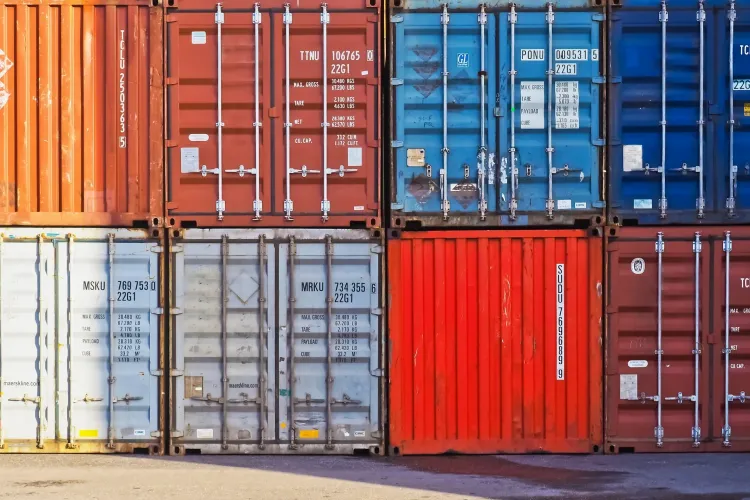Record Surge in Fruit Imports in South Korea Amid Climate Challenges

Synopsis
Key Takeaways
- Record imports of fresh fruits in South Korea.
- Adverse weather conditions led to a supply shortage.
- Government reduced tariffs to control inflation.
- Continued reliance on imports expected.
- Rising consumer prices indicating inflationary pressures.
Seoul, Feb 16 (NationPress) South Korea's imports of fresh fruits reached an unprecedented level last year, as revealed by data on Sunday, driven by adverse harvests attributable to climate change and a surge in demand.
In 2024, the nation imported 12 varieties of fresh fruits amounting to US$1.45 billion, which represents a 20.1 percent increase compared to the previous year, according to statistics compiled by the Korea Rural Economic Institute (KREI).
This marks the highest import value ever recorded, surpassing the previous peak of $1.33 billion set in 2018, as reported by the Yonhap news agency.
The 12 types of fruits include bananas, mangoes, pineapples, oranges, cherries, and kiwis.
The increase in imports is a direct response to a shortage in local fruit supply stemming from unfavorable weather conditions, which has resulted in elevated fruit prices.
To address the growing demand and control inflation, the government has also lowered tariffs on fruit imports.
According to a KREI official, "Imports of fruits are expected to continue rising, as domestic fruit production is likely to decline over the long term due to weather conditions and the ongoing reduction in cultivation areas."
In its latest report, the institute predicts that total fruit imports, including frozen varieties, will grow by 6.8 percent year-on-year to reach 817,000 tons this year.
Additionally, South Korea's import prices increased for the fourth consecutive month in January, primarily due to a weak local currency and high global oil prices, according to central bank data.
The import price index rose by 2.3 percent last month compared to the previous month, based on preliminary data from the Bank of Korea (BOK).
When compared to a year earlier, the index showed an increase of 6.6 percent in January.
Prices for raw materials surged by 4.4 percent month-on-month in January, while those for intermediate goods climbed by 1.6 percent, according to the BOK.
Import prices play a crucial role in shaping the overall inflation rate in the country.
According to government data, consumer prices, which are a key inflation indicator, rose by the highest margin in six months, recording a 2.2 percent increase year-on-year in January.









